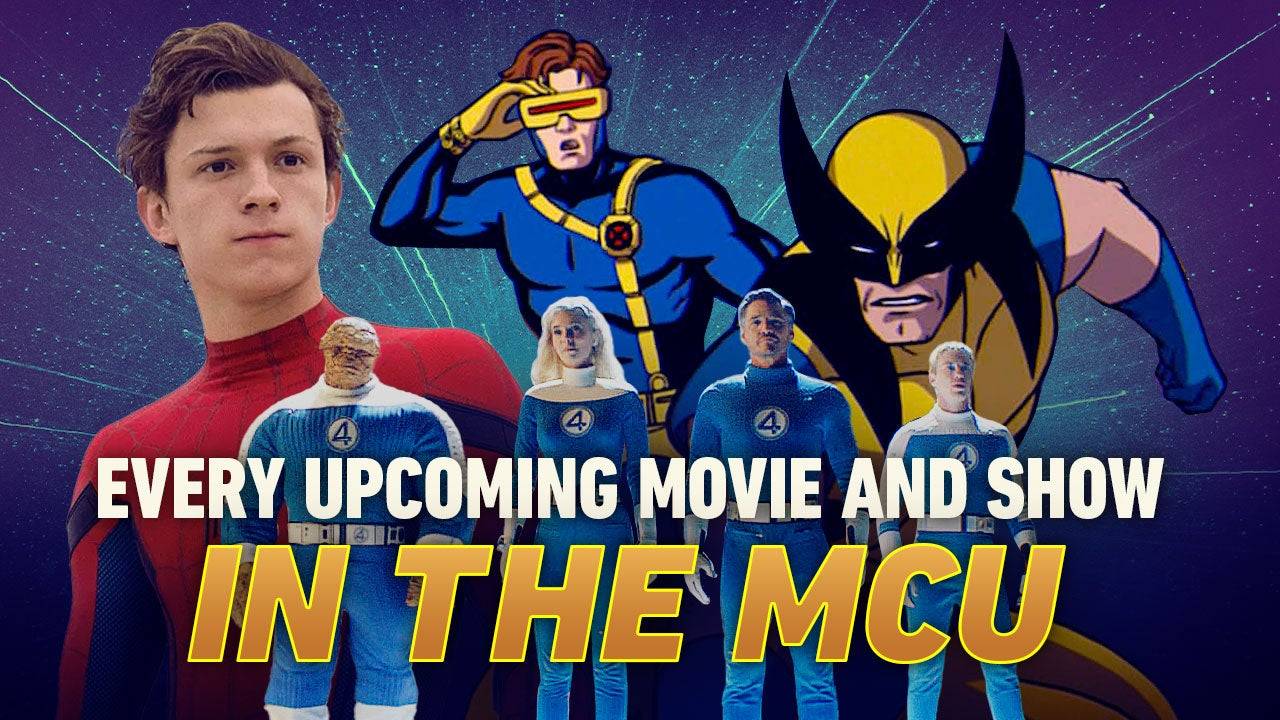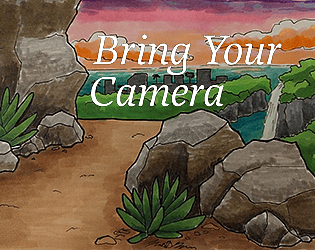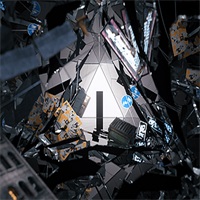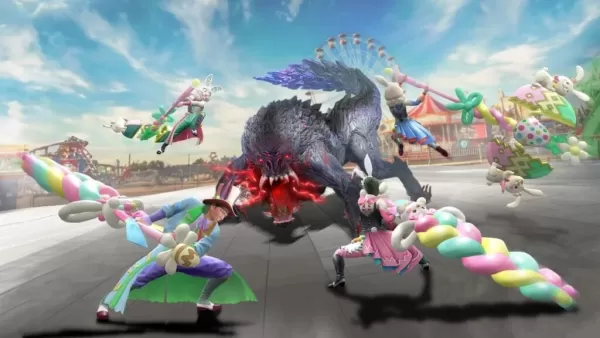Horizon Could Be PlayStation’s Big Movie Win if It Stays Faithful to the Games
Following the successful cinematic adaptation of Uncharted and the critically acclaimed HBO series, The Last of Us, Sony's announcement of a Horizon Zero Dawn movie was highly anticipated. PlayStation Studios and Columbia Pictures have confirmed a film adaptation, promising a faithful portrayal of Aloy's origin story and the game's distinctive, machine-populated world. While still in early development, the film has the potential to be Sony's first major video game box office triumph—provided it remains true to the source material.
Recent years have witnessed a surge in successful video game adaptations across various platforms. The Super Mario Bros. and Sonic movies, family-friendly hits, set a high bar for critical acclaim and box office revenue. On television, Sony's The Last of Us, along with Netflix's Arcane and Amazon Prime's Fallout, are fan favorites. Even adaptations with mixed reviews have achieved box office success, such as the Tom Holland-led Uncharted film, which grossed over $400 million.
However, challenges remain. Uncharted, while popular, deviated significantly from the original games. Conversely, last year's Borderlands film and Amazon's Like a Dragon: Yakuza adaptation underperformed critically and financially, largely due to their disregard for the source material's storyline, lore, and tone. These failures highlight a broader issue in adaptations: Netflix's The Witcher, for example, significantly altered the original books' plot and characters. While adaptations require adjustments, excessive deviation can alienate fans and ultimately harm the project's success.
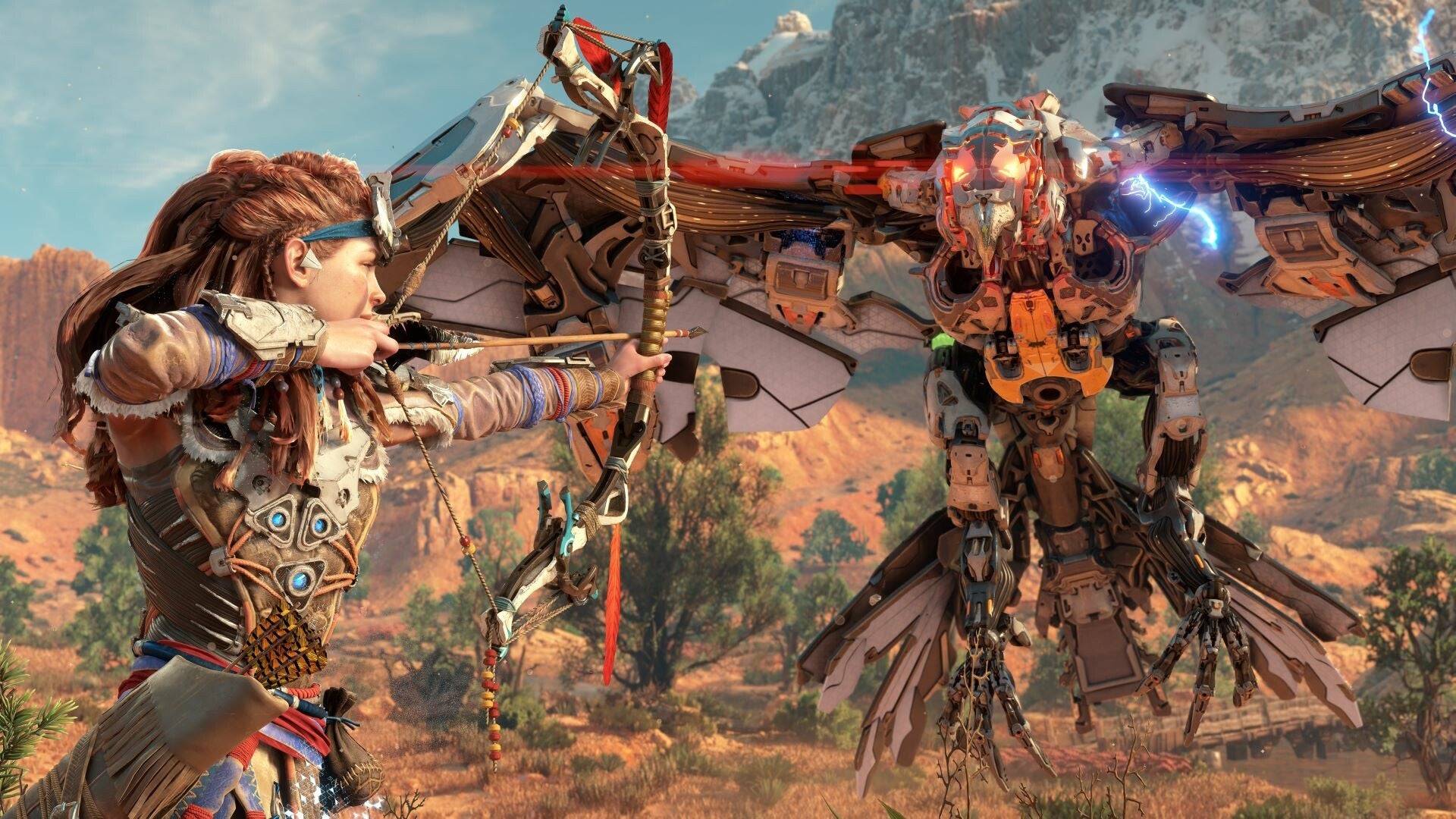
The Horizon movie isn't the first attempt at bringing the franchise to the screen. A previously announced Netflix series, rumored to be titled "Horizon 2074" and set before the apocalypse, was met with mixed reactions from fans. This ultimately led to the project's cancellation, paving the way for the current cinematic adaptation. The shift to a theatrical release is strategically sound, given the high CGI requirements of the game's visuals. A larger budget will be crucial to capturing the world's potential and bringing it to life on the big screen.
If the Horizon film emulates the success of The Last of Us, it could become PlayStation's first major cinematic win. The success of Fallout, Arcane, and The Last of Us demonstrates the importance of faithfulness to the source material, not just visually, but also in terms of tone and narrative. While The Last of Us introduced new storylines, it largely adhered to the game's structure, resonating with both fans and newcomers.
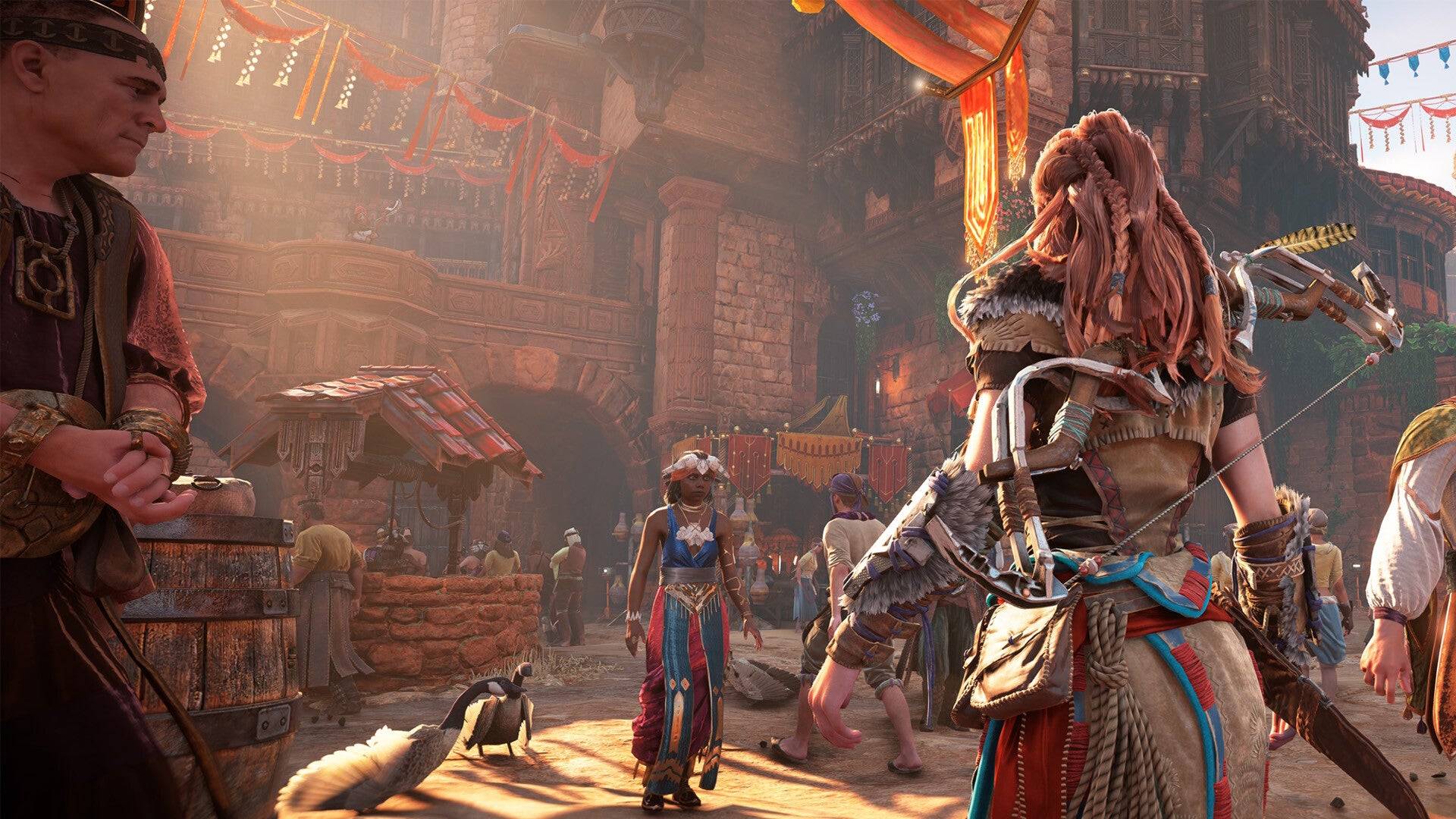
Horizon Zero Dawn's award-winning narrative, set in a 31st-century North America, follows Aloy's journey to uncover her origins and their connection to the old-world scientist, Elisabet Sobeck. The compelling characters, including Aloy, Erend, Varl, and the enigmatic Sylens, along with the exploration of Earth's climate crisis and the creation of the robotic creatures, provide a rich narrative foundation. The intricate world-building, similar to Avatar's exploration of Na'vi culture, offers a unique cinematic opportunity to showcase the diverse tribes and their interactions with the robotic wildlife. The game's unique combat encounters, featuring creatures like Sawtooths, Tallnecks, and Stormbirds, offer visually stunning action sequences.
The success of the Horizon film hinges on remaining true to the game's compelling story, unique world, and cinematic aesthetic. The expansive narrative of Forbidden West further expands the franchise's potential. By faithfully adapting the game's strengths, Sony can create a successful film franchise that matches the success of its source material. However, deviating from what made Horizon great risks alienating fans and repeating the financial failures of other poorly adapted video games. Sony must prioritize the preservation of the game's essence to ensure the film's success.
AnswerSee Results-
Remedy's Control spin-off shooter, FBC: Firebreak, has surpassed one million players. The free-to-play title is accessible to Xbox Game Pass and PS Plus subscribers, yet the studio acknowledged this achievement as a "significant milestone" while recoAuthor : Claire Dec 23,2025
-
Clash Royale has finally introduced a major upgrade for the Inferno Dragon, nearly a decade after its initial release. The fiery Legendary card now boasts enhanced capabilities, with Supercell partnering with Finnish comedian Ismo Leikola for a speciAuthor : Natalie Dec 22,2025
- Spring Valley Farm Game: January 2025 Redeem Codes
- WWE Superstars Join Call of Duty Warzone: Mobile Roster
- Midnight Girl is a minimalist point-and-click adventure set in Paris in the 60s, now open for pre-orders on mobile
- Mobile Legends: Bang Bang – Best Lukas Build
- "Grand Outlaws Unleashes Chaos and Crime on Android Soft Launch"
- Video Game Song Surpasses 100 Million Streams on Spotify

